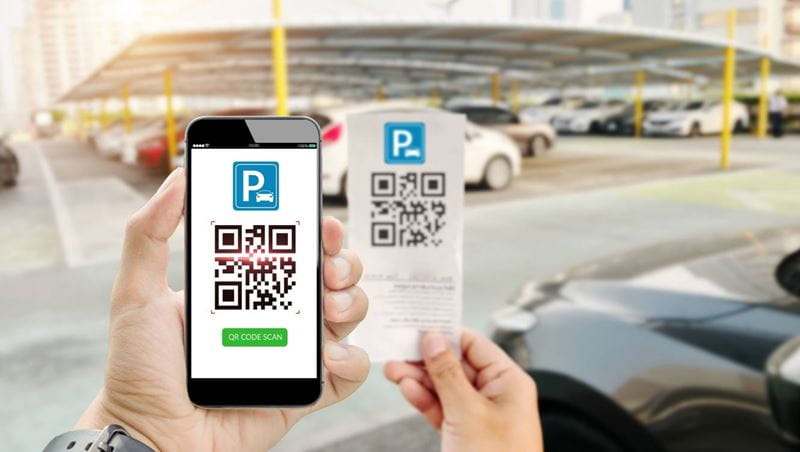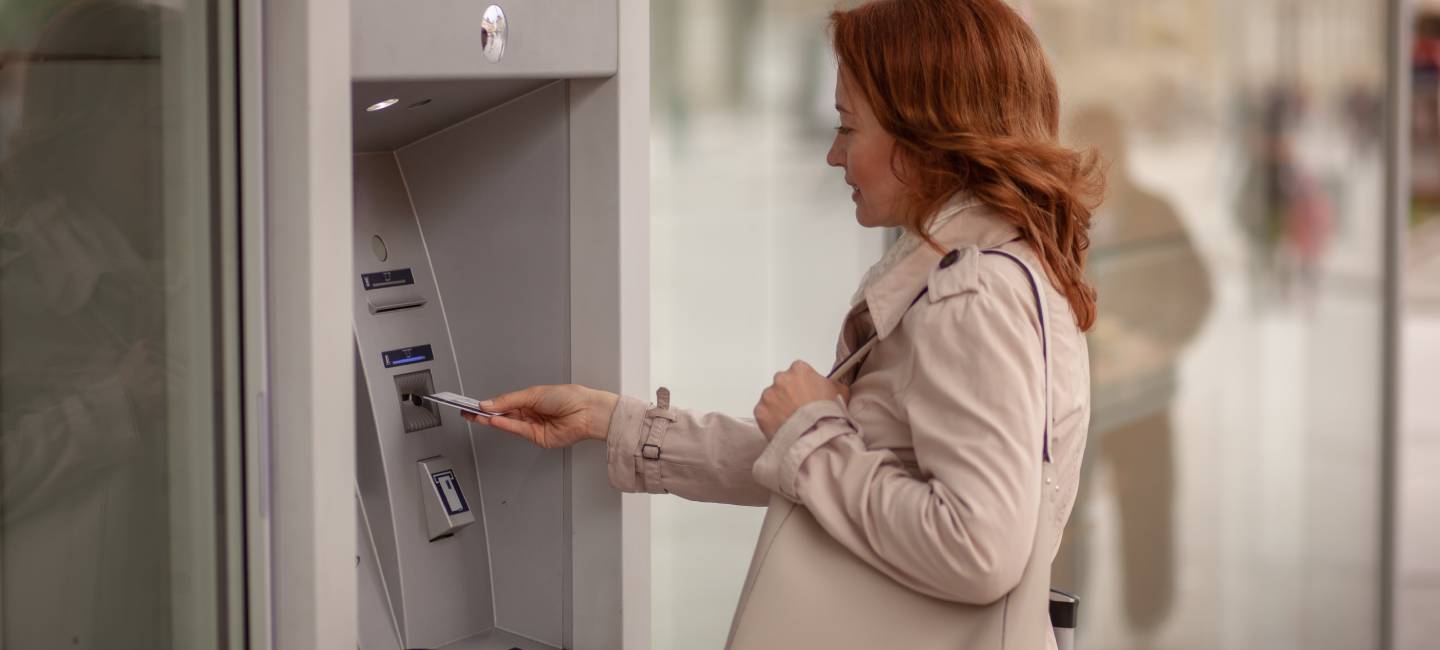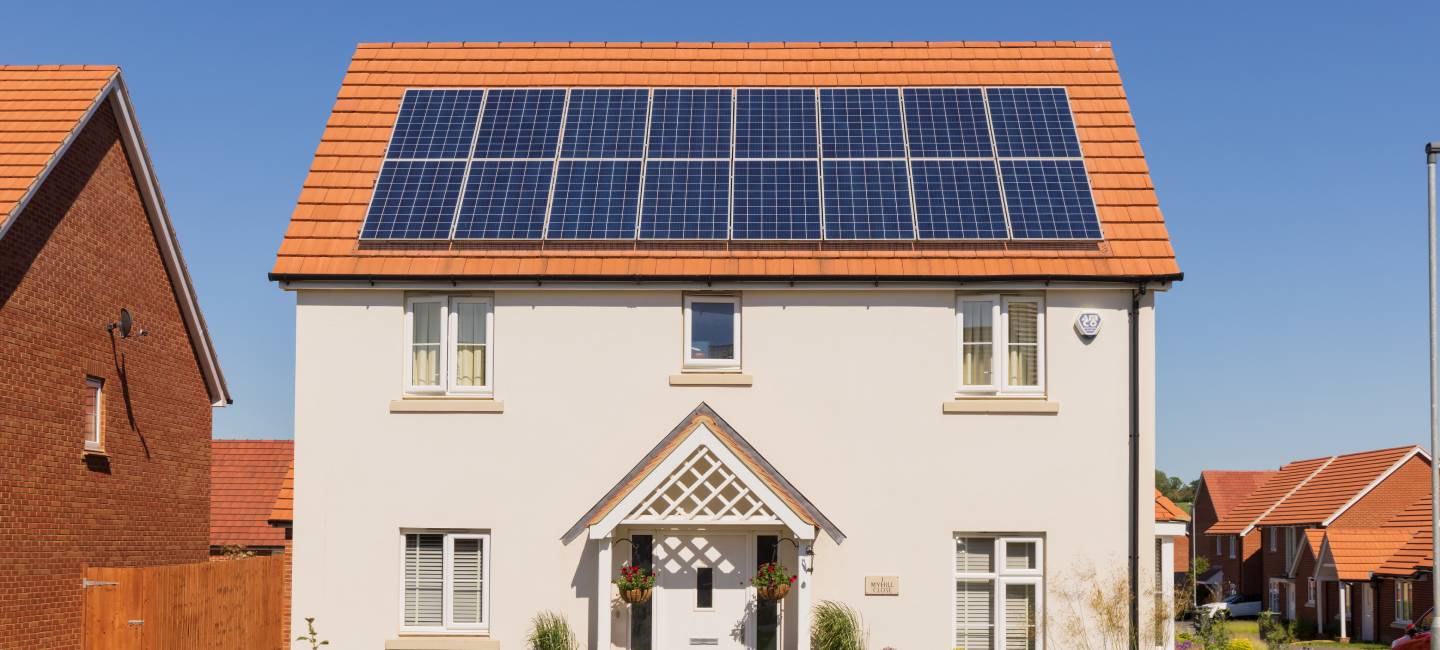It used to be so simple: find a space, hunt for spare change, and stick a ticket on your dashboard. These days, paying for parking means having to use a smartphone, and probably downloading yet another app. If you already find this new system a hassle, you’re not alone.
But the inconvenience is now the least of your worries. From fake QR code stickers to bogus attendants demanding cash at busy events, to text messages about parking fines, the traps are becoming ever more sophisticated – and can lead to your bank account being drained. We’ll explain what you need to look out for.
Action Fraud says there were 784 reports of QR code scams in the year to April 2025, a 20% increase, with almost £3.5 million lost. That’s an average of £45,000 per person. This includes all QR code scams, but Action Fraud says that car parks are the places they happen most frequently.
QR codes are codes that you scan with your phone that then take you to a specific website. With QR code scams, the website requests your card details to make a payment – and your details are then harvested and used to spend money from your account. Or some websites will download malicious software onto your phone.
Claire Webb, acting director of Action Fraud, says cyber criminals are increasingly using fake QR codes to trick the public out of their personal and financial information. “We’re urging people to stop and check before scanning QR codes, to avoid becoming a victim of ‘quishing’ [QR code ‘phishing’, which means using fake codes to direct to malicious websites]. Look out for QR codes that may have been tampered with in open spaces, or emails and texts that might include rogue codes,” she says.
Scanning these with a smartphone camera should take you through to a legitimate payment website when paying for parking. But now identical-looking stickers are being placed over the genuine QR code, redirecting you to scam sites.
Kate Hobson, senior consumer expert at Citizens Advice, says that if you do scan a fake code and provide the information asked for, you’re at risk of handing over personal details and losing money. And, as you won’t have paid the real company, you could end up being hit with a parking ticket too. Or you may have downloaded malware (software designed to gain access to your smartphone) that scammers can use to steal your personal information.
Parking app operators RingGo and PayByPhone have both issued warnings to customers over the dangers posed.
Football club AFC Telford United recently warned fans about a potential fraud involving fake QR codes attached to parking notices at the SEAH Stadium in Shropshire. A member of the public attending a game had spotted that regular Avalon parking payment information signs had been tampered with, and stickers bearing QR codes directing users to a fake website had been placed over the legitimate QR codes.
“It seems likely that the intention was to harvest payment card details from users,” a spokesperson for AFC Telford United said. They advised people who had already used the QR codes to contact their bank or payment card issuer.
Another scam to watch out for is someone posing as a fake parking steward. This can also happen at football matches or any other busy event. Scams like this have been reported near Manchester United, Aston Villa and Tottenham Hotspur grounds.
Victims are directed to park by someone wearing a hi-vis jacket that may say ‘Official match day parking’. They ask for payment in cash. The unsuspecting driver may later be fined for parking on private property or for not paying the actual fee.
Trafford Council warns of this scam on its website and says the council, parking operators and Manchester United are aware of it. The council advises that if you are approached to park on the public highway for payment, even if the person is dressed to suggest they are a Trafford Council employee, this is a parking scam.
If you receive a text saying you owe a parking fine, be on the alert. Local councils and parking companies don’t issue penalty charge notices (PCNs) by text message.

So what can you do to ensure you don’t fall foul of these attempts to steal your personal details?
Kate Hobson advises that the easiest thing motorists can do is to check the code itself: has it been tampered with? Does it look like it’s been stuck over another one?
If you've already scanned the code, it might not be as easy as just looking for shoddy workmanship on a website. Chartered security professional James Bore warns that scammers will make sure their fake website looks as realistic as possible.
“If I was setting up a fake website, I’d give it a good domain name, a logo and make it look very professional so you wouldn’t be able to tell it’s not real.
“But if you notice a QR code has been stuck on a parking meter, that should ring alarm bells and the easiest way to avoid it is to not use it. If you have any concerns, call the car park provider’s phone number and follow the instructions.”
If scammers do get hold of your details, they could take several small amounts from your bank account, so always check your statement for any irregular transactions.
Also, you’ll probably have given them your phone number, so be vigilant if someone calls you claiming to be from your bank. “Ask the caller for a reference number and tell them you’ll call back,” says Bore. “Then phone using your bank’s actual phone number, never the one the caller gave you. If they’ve sent you an email, call your bank – not a phone number that’s included on the email.”
If you get a phone call about a financial matter and you’re not sure if it’s a scam, you can also phone your bank by simply calling 159.
Kate Hobson from Citizens Advice gives the following tips:
Keep an eye on your bank account and contact your bank and cancel your card immediately if there’s a transaction or amount you don’t recognise. This is known as an ‘unauthorised transaction’.
Explain what's happened and you might be able to get your money back. Your bank should be able to advise you on what to do next. If you're not happy with its response, contact the Financial Ombudsman Service.
Hobson says: “If you’ve paid money to a QR scam, you’re likely to have paid by debit or credit card, so you can make a chargeback against your card provider.”
Chargeback covers debit and prepaid cards as well as credit and although this isn’t law, it is part of the set of rules card providers are signed up to. You do have to have attempted to get a refund first, but if you’ve been caught in a scam, the chances of that are unlikely.
Citizens Advice has more information about how to get your money back if you’ve been caught up in a scam.
If you’re renewing your car insurance, watch out for ‘ghost broker’ scams.
QR codes are easy to create, so it’s no surprise that scammers have latched on. But Bore points out that at this stage, it’s not a particularly common scam.
“These scams do happen, but they’re not widespread because of the risk to the perpetrator. Car parks have cameras and sticking a QR code on a machine leaves the criminal facing the risk of being captured on one or caught in person.
“When you think about how many thousands of cases of fraud are reported each year, 784 isn’t actually a lot.”
It’s still worth being on your guard when you are using a QR code to pay for your parking. It only takes a moment to examine the sticker demanding payment, or take a closer look at the website it takes you to. Doing so means you can leave your car, confident you haven’t just been caught in a web of deceit.
Citizens Advice helpline 0808 223 1133
Report a scam and get help and support
Action Fraud 0300 123 2040
The police line for reporting a scam
Victim Support 0808 16 89111
Free, confidential help if you’ve been affected by a scam


Ghost broker scams, a type of insurance fraud, are on the rise. Find out how to protect yourself.

Discover the methods criminals use to steal your card details and cash, and learn essential steps to protect yourself.

Learn how to spot an energy scam and keep your money safe.

Find out how to protect yourself from scams that promise big returns but are really just targeting your money.


We explain the government grants designed to make your home warmer, greener, and lower your energy bills.
